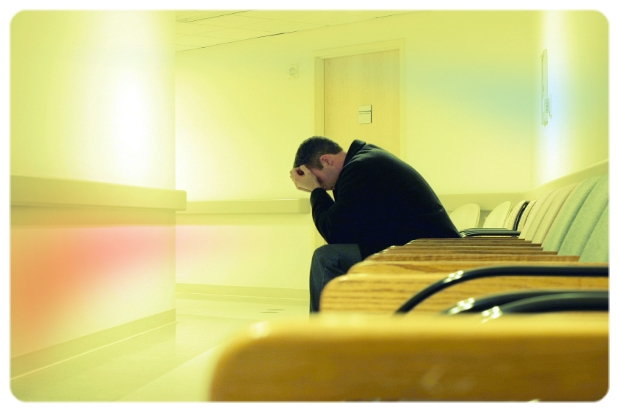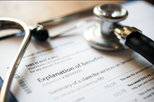Drug abuse or addiction is a disease that requires a specific treatment plan. According to the Substance Abuse and Mental Health Services Administration (SAMHSA), about 23.5 million people over 12 years old in the U.S. need drug abuse treatment every year.
It is important to note that there is no magical drug abuse treatment. The treatment choices and journey to the desired outcome, quitting drug use, is different for every individual.
Signs of Drug Abuse
There are a few signs of drug abuse that support the need to seek treatment, which include:
- Unable to stop using the drugs
- Unable to meet work, family or personal obligations
- Drug tolerance, wherein more of a drug is needed to achieve the same high
- Withdrawal symptoms when the drug is stopped
Some Drug Addiction Treatment Choices
The National Institute on Drug Abuse (NIDA) recommends a long and varied treatment plan for the best outcome. A drug abuse program should provide a safe environment for an addict to detox, as well as support through the recovery process. Successful drug abuse treatment includes both physical and behavioral components.
The first step to drug abuse treatment is for the addict to admit he or she has a problem and decide to make a change.
Detox or Rehabilitation Inpatient Program: This is the first line of treatment for drug abuse. Detox or rehab is an inpatient program with medical support. It is the safest and, usually, the most effective choice.
An inpatient program offers all levels of care to a vast and varied population. These programs take into account each client's age, drug use history, medical conditions and psychiatric problems. Addicts seeking treatment in these programs have the professional support of physicians, psychologists, clergy, social workers and counselors.
Depending upon the abused substance, there are some professionally prescribed medications that can help a person manage withdrawal symptoms as they detox. As an example, drugs like methadone, subutex and suboxone can help with opioid withdrawal.
At Home Recovery: Detoxing or stopping drug use at home, in a non-medical setting, can be dangerous because the withdrawal process from alcohol and some drugs can be hazardous. Also, it is not generally as successful as a structured inpatient program. Some people, however, depending on the drug of abuse, have been able to successfully detox at home.
Family Treatment: When a drug addict is treated, their family also needs to be involved in their treatment. Family involved therapy provides information sharing and stress alleviation. This helps the family to support the recovering addict on a long-term basis.
Long-Term Support for Addiction Recovery
Once achieved, sobriety needs to be maintained. It takes a village, in the long-term, to stay clean and sober.
In order to get the long-term support you need, a few general drug abuse treatment maintenance points include:
- Solicit and accept the support of family and friend
- Develop a sober network of friends
- Move into a sober living home where others are aspiring to the same goals and outcomes
- Join a recovery support group like a 12-Step program and attend meetings regularly
Success Rate or Outcomes of Addiction Treatment
Recovery from drug abuse is sometimes derailed by relapses and setbacks. There is always help available for the addict to get back on track to recovery. There are support groups, family and friends who are willing to help.
There are triggers in life that can set off a relapse. Relapse must not be viewed as a failure. It should be considered an opportunity to learn about the trigger, to learn from mistakes made during treatment and recovery, and to pick up and move on. Relapse is a chance to readjust the recovery plan and start anew. Some common relapse triggers include:
- Facing different emotions like anger, sadness, stress
- Physical pain, including withdrawal symptoms
- Strong cravings or urges
- Social pressure to partake in drugs (or alcohol)
- Conflict with a spouse, partner, friend, colleague or other associate
The keys to successful and prolonged recovery from drug abuse are commitment to quit and follow-through with the prescribed plan to do so. Recovery is not an instant result, even after detox. It is a slow and deliberate process.
The goal of drug abuse treatment is for the addict to live a drug- or substance-free life. An important aspect of the outcome is that the addict eventually integrates back into the family unit and society and is able to lead a productive life.
If you or someone you know is seeking help from addiction, please visit our directory of treatment centers or call 800-772-8219 to start the path to recovery today.







